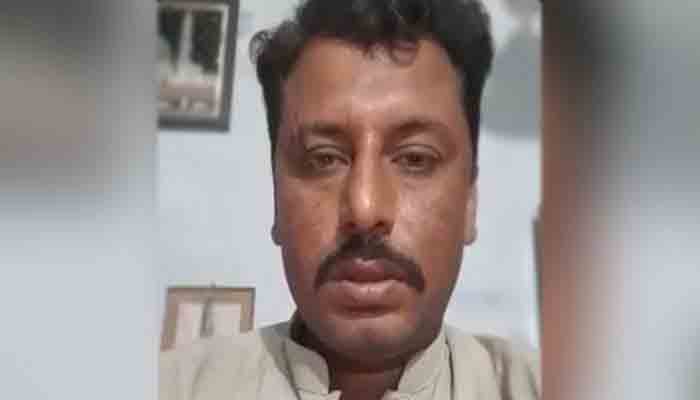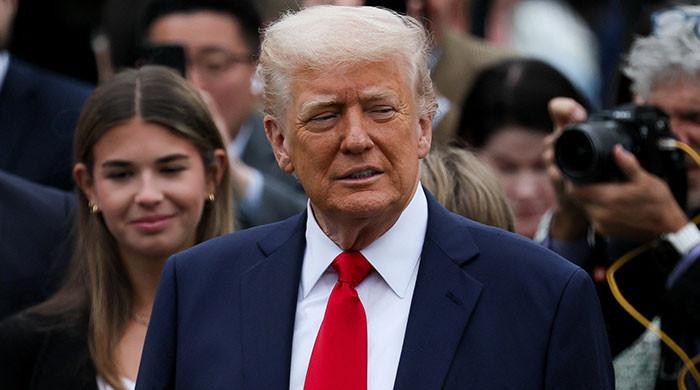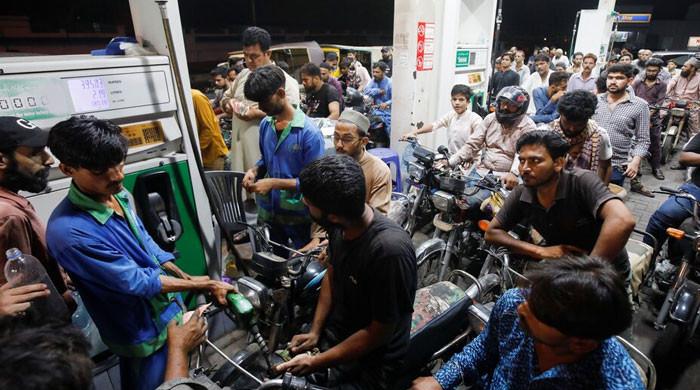Nazim Jokhio's killing and the feudal mindset
Feudal lords also need to understand that their oppression cannot continue endlessly
November 17, 2021

Undoubtedly the world has made considerable progress and will continue to do so in the future. Throughout the world, people have rebelled against archaic social norms and have successfully shunned toxic traditions. They have also been successful in bridging class differences to some extent.
However, our part of the world has not witnessed such progress. The entire Subcontinent, especially our country, is no different from what it was centuries ago except for the existence of huge industrial complexes where people still serve as slaves.
In the 21st century where some nations, which are free from toxic customs and social systems, are thinking of the colonisation of the moon and Mars, our country is still plagued by issues of social inequality. Here, as George Orwell remarked in his book ‘Animal Farm’, some are equal and some “are more equal than others”. In our country, some people are treated as lesser beings who can be easily duped, exploited, tortured and killed.
Feudalism is a real menace. Although it is prevalent across the country, it has remained firmly entrenched in Sindh throughout history and has taken alarming proportions in recent years. The most recent brutal killings of Nazim Jokhio and a woman in District Shahdadkot show that this problem needs to be dealt with in an effective manner.
Nazim Jokhio was allegedly killed by an influential landlord over the video recording of the latter’s guest’s hunting ventures. To back their allegations, relatives of Jokhio have released those video clips, which are now viral on social media platforms. In these clips, Jokhio revealed that he was receiving threats from the people (feudal lords) he had a squabble with. He also said that if anything happened to him, those people would be responsible. However, no one took notice of his pleas, and eventually, Nazim was tortured to death inside a feudal lord’s farmhouse.
Undoubtedly, this brutal act is condemnable and the people’s rage over it is also justifiable. At the same time, it highlights the fact that most parts of Sindh are virtually under the control of feudal lords who consider themselves powerful enough to decide who has the right to live and who doesn’t. They have established their own state within the state.
Feudal lords with such a mindset have done considerable harm to society. Among other things, they have prevented the province from making progress in terms of intellectual and human development. On one hand, they control almost all resources and are involved in corrupt practices, and on the other, they have made the working class their slaves.
Also, they influence certain law-making institutions and virtually control executive institutions. This can be seen through the leverage they enjoy from state institutions like the police. It is said that some law-enforcement personnel obey the orders of these people.
Such behaviour has challenged the writ of state institutions and exposed their weakness. It is crystal clear that feudal lords commit crimes with impunity. They know that they will be able to get away with almost everything – even murders. The murder of Ume Rabab’s relatives is a case in point.
Sindh has had enough of this and wants to get rid of this class. But realistically speaking, this still appears difficult. While it may sound pessimistic, it is an unfortunate fact that the feudal class has strengthened its clutches over society.
Hence, it is apt to ask: will the murder of Nazim Jokhio lead to a revolution against the oppressors just like the way the self-immolation of Muhammad Bouazizi of Tunisia sparked the Arab Spring?
Doing away with this toxic system is the need of the hour. The people need to be bold enough to rebel against this system. They have to take on the system that has made their lives miserable; they are powerful enough to shatter the chains of feudalism.
Feudal lords also need to understand that their oppression cannot continue endlessly. It has to end someday. They ought to realise that they are not superior to other people just because they have land and money. They should mend their ways and start treating people as humans. They also have the responsibility to work for the betterment of the poor.
The writer is a freelance contributor.
Email: [email protected]











